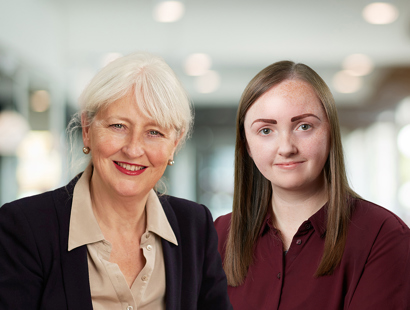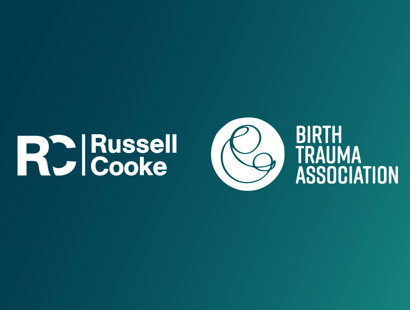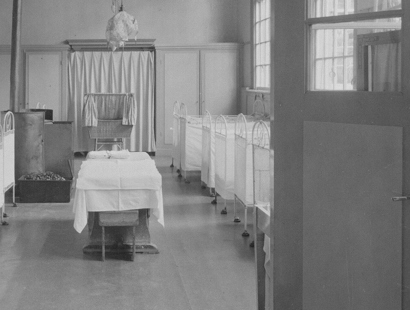
‘Jess’s Rule’: new GP initiative to prevent avoidable patient harm
Senior associate Amy Anderson and trainee Kerrina Gray discuss the new GP initiative, Jess's Rule, designed to support earlier cancer diagnosis in young adults.
When cancer is caught early, treatment options and outcomes can improve dramatically. Sometimes the signs of cancer can be missed or symptoms misdiagnosed for other less serious illnesses. Jess’s Rule is a new GP initiative that is expected to save lives by reducing the risk of missed or delayed diagnoses and ensuring patients receive the right treatment for their symptoms, at the right time.
‘Jess’s Rule’ has been inspired by the story of Jessica Brady, who was just 27 when she died in December 2020 from advanced stage 4 cancer. In the months before her diagnosis, she contacted her GP practice more than 20 times, reporting symptoms of cancer which were missed and sadly went undiagnosed. A private appointment finally led to a specialist referral in November 2020, where she was diagnosed with terminal cancer. Jessica tragically died just three weeks later.
Reflect, review and rethink
Since Jessica’s death, her family have bravely campaigned to prevent others facing the same tragic outcome as their daughter did. Their efforts have led to the introduction of ‘Jess’s Rule’, a ‘three strikes and rethink’ approach in primary care, backed by the Department of Health and Social Care, NHS England and the Royal College of General Practitioners.
Under Jess’s Rule, if a patient presents to their GP three times with the same complaint or symptoms and their GP is unable to offer a substantiated diagnosis or their symptoms have escalated, doctors should ‘reflect, review and rethink’. This could mean offering a face-to-face appointment for a physical examination; seeking a colleague’s view; reviewing any red flags which might suggest another diagnosis; and/or referring the patient onwards for further tests or specialist input.
‘Jess’s Rule’ is not a change in the law and many GP practices already use a similar process. Rather, the new initiative formalises an instinctive process that should already be applied when GPs review patients’ symptoms in a primary care setting.
Standardising good practice for all
The NICE Guidelines provide for the early referral of patients with suspected cancer under the ‘two-week wait’ pathway’. This pathway allows GPs to send patients straight for a specialist appointment within 14 days. The aim of this system is to reduce the time between first suspicion and specialist assessment so that, if cancer is present, diagnostic tests and treatment can begin as quickly as possible.
However, Jessica’s story highlights the danger in failing to investigate suspicious symptoms in younger people. Under Jess’s Rule, GPs are encouraged to review whether symptoms suggest another diagnosis, regardless of the patient’s age, background or demographic.
Jess’s Rule reinforces the need for GPs to listen carefully to every patient and to keep an open mind. Applied to all patients, regardless of age or background, Jess’s Rule aims to standardise good practice for all patients, so that concerning symptoms are not overlooked and serious illnesses are diagnosed promptly.
We act for many clients who have suffered the tragic effects of delayed and missed diagnoses of serious conditions, including many cancers and Jessica’s story is heart-breaking. We welcome the positive improvements in primary care inspired by this story. As well as improving patient safety on the front line, Jessica’s story is likely to empower patients to speak up when they are concerned about their symptoms and to request further review if something feels wrong. This should support earlier cancer diagnosis in young adults.
About Amy and Kerrina
Amy Anderson is a senior associate in the personal injury and medical negligence team. She regularly handles claims against hospital trusts, GPs, private clinicians and other healthcare providers and has a special interest in birth injury and maternal damage claims.
Kerrina Gray is currently a third-seat trainee in the personal injury and medical negligence team.
Get in touch
If you would like to speak with a member of the team you can contact our medical negligence solicitors by telephone on +44 (0)20 3826 7517 or complete our enquiry form.








